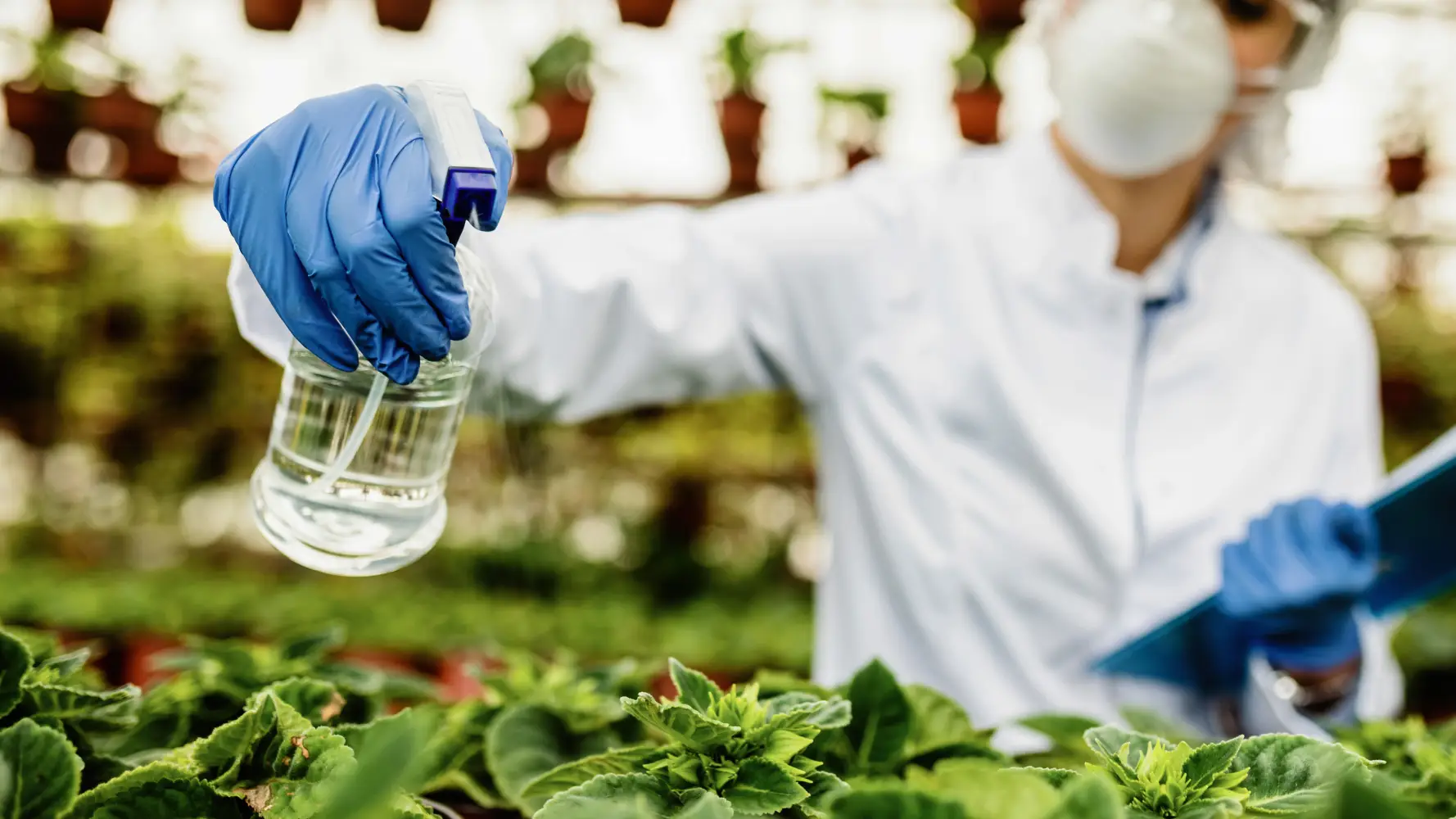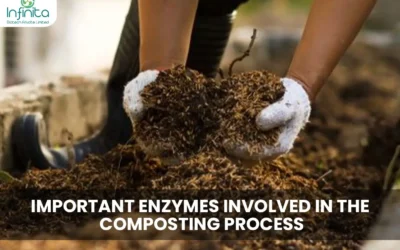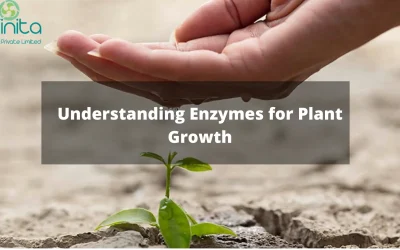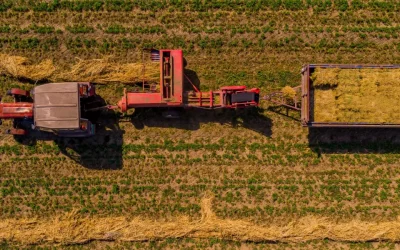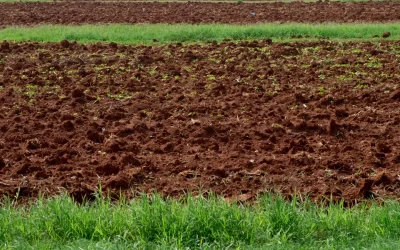Enzymes along with select microbes are used in agriculture as a healthier and organic replacement for chemicals. Agricultural enzymes are bioactive proteins that help increase crop production, soil fertility, and food protection. They also protect the crops from several pests and diseases. Enzymatic activity helps in maintaining soil health through the optimum and beneficial balancing of biological, chemical, and physical components of soil. Healthy soil provides nutrients to crops and helps them grow even in adverse conditions.
Enzymes-Function
Due to the use of enzymes and a microbe complex, the quality of cash crops like oilseeds, pulses, cereals, grains, and even fruits and vegetables has vastly improved. Agricultural enzymes break down the plant residues and other organic matter that provide nutrients to plants and aid in the initial developmental stages of the seeds like rooting and sprouting. Crop’s resistance to water stress and assimilation of nutrients is improved. In simpler words, enzymes are bio-catalysts that speed up chemical reactions by breaking down the nutrients present in the soil to be easily absorbed by the plant roots. Without the presence of agricultural enzymes and microbes, these nutrients would have remained in the soil, and plants would have been unable to absorb them. Thus, enzymes are essential for sustainable agricultural productivity and soil management.
Applications of Agricultural Enzymes
The most important enzymes used in plant growth and soil fertility include phosphatases, dehydrogenases, and urease. Other enzymes used in the agricultural application include carbohydrase, proteases, phytase, sulfatases, and amylases. Phosphatases are the most commonly used agricultural enzymes and are expected to occupy a major chunk of the agricultural enzyme market in the near future too.
a. Phosphatases
Phosphatases are hydrolytic soil enzymes. They play an essential role in the phosphorus cycle and help in plant growth. They hydrolyze the phosphates and make phosphorus in the soil available to the plants.
b. Dehydrogenase
Dehydrogenases are enzymes that cause the biological oxidation of soil. These hydrolyze the organic material in the soil and transfer the hydrogen to inorganic acceptors.
c. Urease
Urease breaks down urea-based fertilizers in the soil. They hydrolyze and degrade urea into CO2 and NH3 particles. These are easily absorbed by the soil and lead to Nitrogen mineralization of soil. It also leads to a rise in soil pH value.
Commercial Sourcing of Agricultural Enzymes
Agricultural enzymes are sourced from microorganisms like fungi and bacteria. These are grown in closed steel tanks, with the help of nutrients like soy, corn, sugar, and starch. In some cases, gene technology is also being employed now for enzyme enhancement and increasing effectiveness.
Reasons for Popularity of Agricultural Enzymes
The use of agricultural enzymes has increased and grown in popularity. Here are some of the reasons for their increased use in the agricultural sector.
a. Cereals, grains, and pulses are grown all over the world are the major sources of cheap carbohydrates and proteins. The use of agricultural enzymes has enhanced the production levels and quality of these crops. They also protect the crops from plant diseases and remove bran and germs from the harvested crops.
b. Due to the increasing demand for cooking oil and biofuel production, oilseed production is increasing tremendously. Enzymes are used in varied ways from crop growth to increased extraction of oil from the seeds.
c. Enzymes are used to increase food production and as organic pesticides. Organic foods grown without chemical fertilizers and pesticides are becoming popular as they are healthier, enhance immunity, reduce inflammation, and have other benefits. These are considered premium quality foods and thus command a high price. Opting for enzymes instead of chemicals is emerging as a better option for many crop producers and agro-businesses.
d. Enzymes inhibit the growth of harmful microbes and are also used to decontaminate the soil from industrial and chemical waste. They protect and improve the soil ecosystem and increase soil productivity.
Conclusion
Enzymes have been used for millennia by humans in various forms. And with the growth in biotechnology and other innovations, this is bound to increase further. The use of enzyme-microbe complex is a sustainable way to increase crop production and soil fertility. They are also used in related food industries like edible oil extraction, poultry feed, brewing, dairy and food processing.
